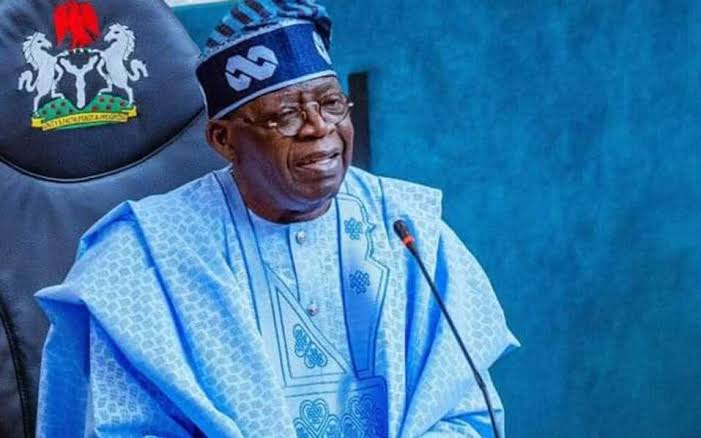
The World Bank’s Vice President and Chief Economist, Indermit Gill, has emphasized the importance of Nigeria’s continued economic reforms, despite the current hardship faced by its citizens. Speaking at the Nigerian Economic Summit (#NES30#) opening session in Abuja, Gill commended the Central Bank of Nigeria’s unification of exchange rates.
Gill acknowledged that the reforms have brought difficulties to ordinary Nigerians, particularly the poor, but emphasized that it is the only way to achieve sustainable economic growth. He noted that Nigeria’s previous reforms from 2003 to 2007 were on the right track but lacked sustainability.
To transform Nigeria’s economy and that of Sub-Saharan Africa, Gill stressed that the country must stay the course. He highlighted the significance of the current reforms, citing examples from Norway, Poland, and Korea, which demonstrated that perseverance yields massive rewards.
Gill identified three crucial areas for policymakers to focus on. Firstly, prioritizing non-oil exports will enable Nigeria to build foreign reserves, providing a buffer against oil volatility. The current exchange rate, the most effective in 20 years, presents a valuable opportunity.
Gill emphasized the need to protect vulnerable households through cost-effective safety nets. Financing these initiatives from savings generated by fuel subsidies and exchange rate savings will ensure support for those struggling.
addressing the immense need for jobs is critical. With over 12 million Nigerians entering the workforce in the next decade, attracting investments, especially in the non-oil sector, is vital.
The World Bank recognizes Nigeria’s development challenges, including spatial inequality, limited job opportunities, and insecurity. However, Gill’s message emphasizes the importance of perseverance in implementing these reforms to ensure a better future for Nigeria’s 110 million children.
As Nigeria navigates its economic transformation, the World Bank remains committed to supporting the government’s development strategy, focusing on macroeconomic stability, structural reforms, and human capital development.







